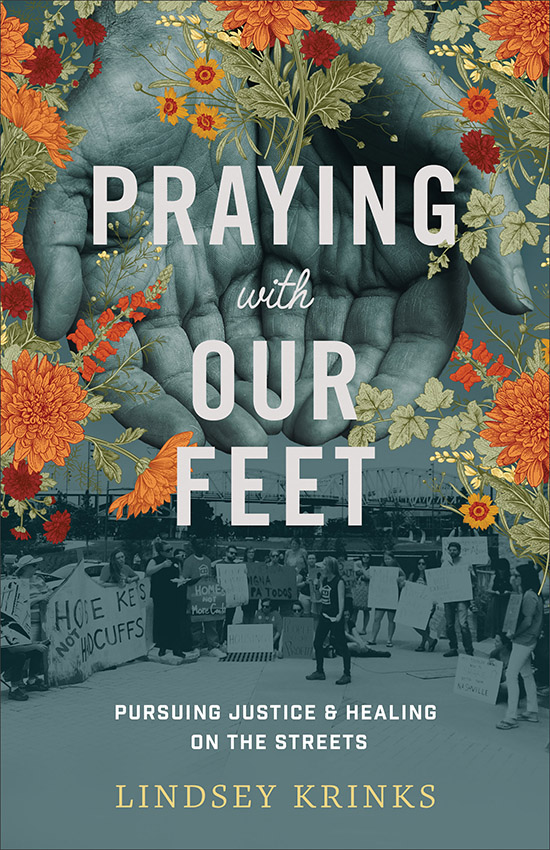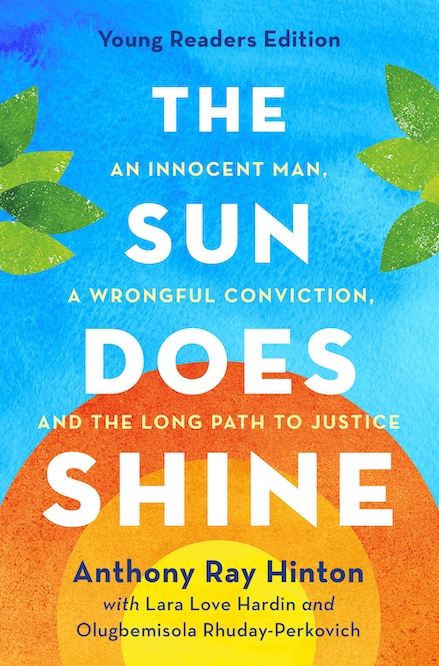A Note So Pure
Nickolas Butler’s Shotgun Lovesongs sends four small-town friends into a tangle of heartbreak
The four friends at the center of Nickolas Butler’s debut novel, Shotgun Lovesongs, teeter between nostalgia for the young guys they once were and hopes for the men they will become. Now in their mid-thirties, they have begun to feel the weight of the choices they’ve already made—choices that will force them to examine the powerful gravitational pull they feel toward their tiny hometown, Little Wing, Wisconsin.
 In different ways, each has come to define himself in relation to Little Wing. Dedicated to his wife and children, Henry runs his family’s small dairy farm, a livelihood that gets tougher to maintain with every passing season. Lee has achieved worldwide fame as an indie musician, having built his identity as a songwriter from the fabric of their small-town landscape. Ronny has now become dependent on nearby friends and neighbors, following a life-altering brain injury that halted his rising rodeo career. Kip has left a lucrative job as a Chicago broker, hoping to renovate Little Wing’s defunct mill.
In different ways, each has come to define himself in relation to Little Wing. Dedicated to his wife and children, Henry runs his family’s small dairy farm, a livelihood that gets tougher to maintain with every passing season. Lee has achieved worldwide fame as an indie musician, having built his identity as a songwriter from the fabric of their small-town landscape. Ronny has now become dependent on nearby friends and neighbors, following a life-altering brain injury that halted his rising rodeo career. Kip has left a lucrative job as a Chicago broker, hoping to renovate Little Wing’s defunct mill.
All share a longtime respect and affection for Beth, who has been married to Henry for nearly a decade. Her chapters offer a crucial outsider’s perspective on these friendships: “These men who grew up together, who ate the same food, sang in the same choirs, dated the same girls, breathed the same air. They move around one another with their own language, their own set of invisible signals, like wild animals.” Her point of view is all the more valuable because Beth is no mere plot tool. She becomes one of the most fully developed characters in the novel, which makes the men’s fixation on her more moving.
Shotgun Lovesongs unfolds through a series of weddings, events which make it clear that for these characters, significant life decisions are piling up fast. The women they marry, the decision to become a father, the careers they pursue or abandon—these friends have now passed the age where everything can be undone or taken back. They can’t help but look around at one another’s lives and ask: does he have it better than me? As envy, regret, and self-doubt bubble up, their friendships threaten to rupture.
 Butler presents the details of Little Wing’s inhabitants and their conflicted relationships with an evocative mastery that rivals what Larry McMurtry achieves in The Last Picture Show. But when it comes to the matter of tone, the two authors part ways. Butler treats the people of Little Wing with greater gentleness than McMurtry allows his small-town Texans. And Shotgun Lovesongs grants its central characters affection and forgiveness, creating a mood of straightforward earnestness and giving the work its unique voice.
Butler presents the details of Little Wing’s inhabitants and their conflicted relationships with an evocative mastery that rivals what Larry McMurtry achieves in The Last Picture Show. But when it comes to the matter of tone, the two authors part ways. Butler treats the people of Little Wing with greater gentleness than McMurtry allows his small-town Texans. And Shotgun Lovesongs grants its central characters affection and forgiveness, creating a mood of straightforward earnestness and giving the work its unique voice.
Perhaps the reason the novel’s earnest tone works well lies in the story of Lee’s musical career, which is launched by the highly “mythologized” tales surrounding his first album. Burned by the break-up of his latest band, Lee returns home, where he will eventually hole up in a converted chicken coop to record raw love songs, allowing sounds of logs crackling in the woodstove to remain in the tracks. Butler conveys this process of musical discovery by setting Lee loose, letting him describe the sense of rapture he finds in the land around him as he drives “farther north, the aspen trees so yellow that when a shaft of sunlight hit them it actually looked like a sound, like a high-pitched musical note so pure it was hard to keep my eyes open—the sound of some divine sword splitting the air.”
Throughout Shotgun Lovesongs, Butler rides a thin line between carefully calibrated emotion and sentimentality. But just as the book’s central figures forgive one another’s quirks and excesses, readers also understand that while Butler’s memorable characters sort out big questions of love and homecoming, they need some wide pasture to roam. And we can’t help but give it to them.

Emily Choate holds an M.F.A. from Sarah Lawrence College, and her writing has appeared in Yemassee and Tennessee Libraries and is forthcoming in The Florida Review. She lives in her hometown, Nashville, where she’s working on a novel.


